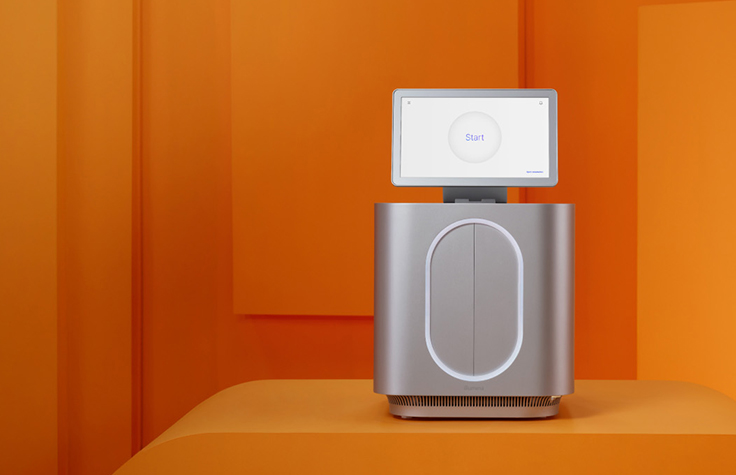I've been looking for what I thought was the simplest questions, but have problem finding it.
My lab is thinking about perhaps getting an Ion Torrent or a MiSeq.
Ion Torrent has 3 different chips 314/316/318, each with increasing sequencing capacities.
What are the equivalent of MiSeq chips? What are the running capacities (i.e., total amount of sequencing per lane and per chip) for MiSeq chips?
Thanks in advance.
My lab is thinking about perhaps getting an Ion Torrent or a MiSeq.
Ion Torrent has 3 different chips 314/316/318, each with increasing sequencing capacities.
What are the equivalent of MiSeq chips? What are the running capacities (i.e., total amount of sequencing per lane and per chip) for MiSeq chips?
Thanks in advance.


Comment